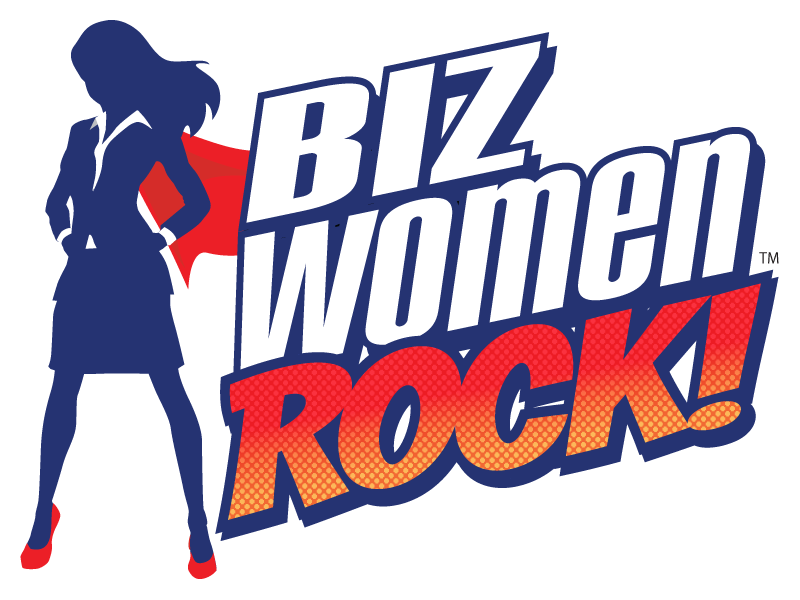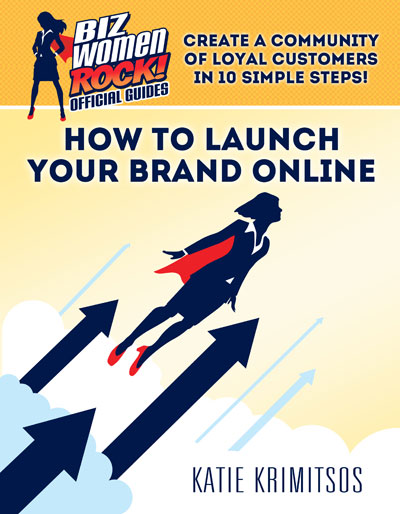BY: Vanessa Loder
One of the women entrepreneurs in our Mindfulness Based Achievement Program told a story about getting an email from a potential client asking if she was an expert. She read the email aloud to the peers in her co-working space, and they said; “Well, are you an expert?” She hesitantly replied “I’ve been training on that topic for over 20 years and I just did a presentation on a regulatory update related to that topic.” At which point her co-working peers said, “You’re an expert.”
Thanks to their encouragement, she overcame her “imposter syndrome.” Her reply to the potential client: “I’d be happy to be your expert, here are some of the other things I’ve done in that area.”
Even though she had spent the last twenty years in the field, she was not inclined to name herself as an expert. This is a common theme among women.
According to a Hewlett Packard internal report, men apply for jobs if they meet 60% of the qualifications; women only apply if they meet 100% of them. The book Lean In, The Confidence Code and dozens of articles quote this statistic.
One solution to this discrepancy is to start claiming our expertise out loud.
Here are seven tips to own your expertise:
1) Expertise is relative.
One woman told me that as a news reporter, once someone covers a specific story, the rest of the newsroom considers them an expert on the topic. She said it was a great lesson in how expertise comes from asking a lot of questions and being willing to really listen, even if you only do it once. Relative to everyone else in the newsroom, she was an expert in that topic.
When I first pushed myself to say, “I’m an expert in mindfulness,” I felt like a fraud. Even though I co-founded a business called Mindfulness Based Achievement, and we’ve had over 10,000 people participate in our meditation challenge, I felt uncomfortable claiming myself to be an expert. The problem, I realized, was the standard I was holding myself against – specifically the Dalai Lama. But when I compare myself to the average person, I feel much more comfortable saying, “Yes, I’m an expert in mindfulness.”
The lesson here is that if you’re having a hard time claiming yourself an expert, double check the bar you’ve set. Expertise can be relative. Instead of thinking of the top person in your field, compare yourself to the average adult and then ask yourself “Am I an expert in this area?” The answer is probably yes.
2) The school of hard knocks counts.
Personal experience, not just outside credentials, can make you an expert.
Another way I see many women discount themselves and their expertise is by assuming that they are only an “expert” if they have a degree, or some sort of validation from an outside source. However, a vast majority of our expertise comes from our direct experience in the school of hard knocks (i.e. life), not from a school of business, law, or medicine. Life’s experience is full of incredible gifts and assets that are unique to each of us.
Remember that anything you’ve lived through personally counts as an area of expertise. For example, if you’re an entrepreneur, then you’re an expert on starting a small business.




